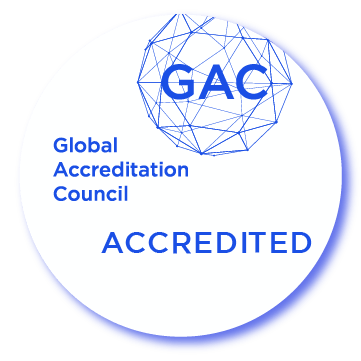Chancellor
The position of Chancellor at Ubiquity University is an annual honor we will bestow upon individuals we consider eminent and worthy of public recognition. We will provide them with a stipend. They will teach a class that we will widely disseminate, and we will promote the issues that made them the eminent person we are honoring. We see the Chancellorship in some ways as our “Nobel Prize,” and a way to publicly celebrate the beacons of integrity and hope in our time.
We are honored to announce Ken Wilber as our inaugural Chancellor. He is one of the most widely read and cited philosophers in the world today whose singular achievement has been the development of Integral Theory. Integral Theory is perhaps the most seminal concept for humanity to assimilate as we take up the challenge of working together to solve global problems.In commenting on the scope and impact of Ken’s philosophy, Mitchell Kapor, founder of Lotus Development and the co-founder of Electronic Frontier Foundation, writes that “After reading Wilber, it is impossible to imagine looking at the world the same way again.”
Ken’s achievement has been to effectively categorize knowledge and experience in a way that enables multi-dimensional thinking and expanded moral judgment. Nothing could be more crucial in developing a global understanding. Ken’s integral theory informs all of Ubiquity’s curricular design. Ken Wilber is thus a foundational figure for the university and for this reason we asked him to be our inaugural Chancellor.

Ken Wilber, Chancellor
Ken Wilber is the most widely translated academic writer in the United States, with 25 books translated into some 30 foreign languages. He currently lives in Denver, Colorado, and is still active as a philosopher, author, and teacher, with all of his major publications still in print. Ken explains the need for an Integral Approach in the following way: “In our current post-modern world, we possess an abundance of methodologies and practices belonging to a multitude of fields and knowledge traditions. What is utterly lacking, however, is a coherent organization and coordination of all these various practices, as well as their respective data-sets. What is needed is an approach that moves beyond this indiscriminate eclectic-pluralism, to an ‘Integral Methodological Pluralism’ — driving toward a genuine “theory of everything” that helps to enrich and deepen every field through an understanding of exactly how and where each one fits in relation to all the others. Through the Integral approach, we reveal the previously unseen possibilities for a better, more compassionate, and more sustainable future for all of us.”


